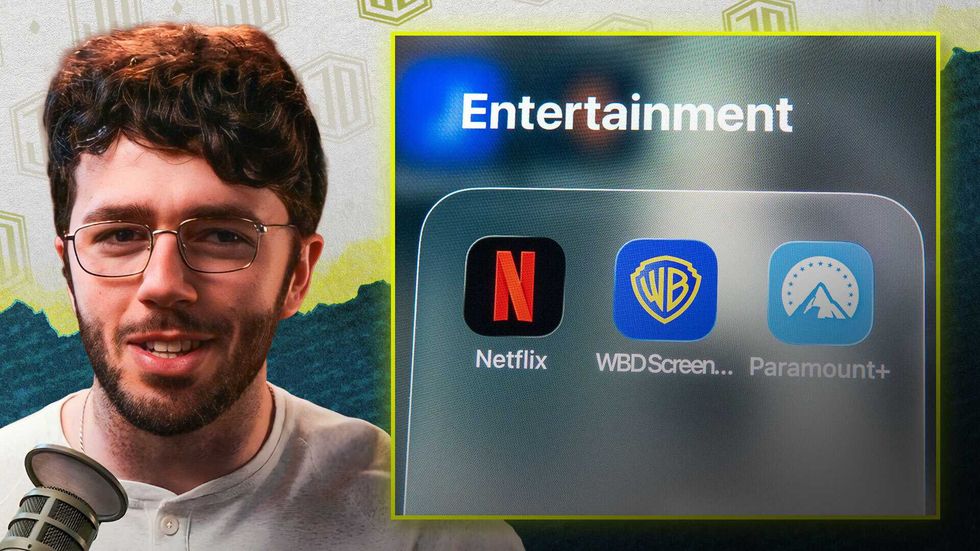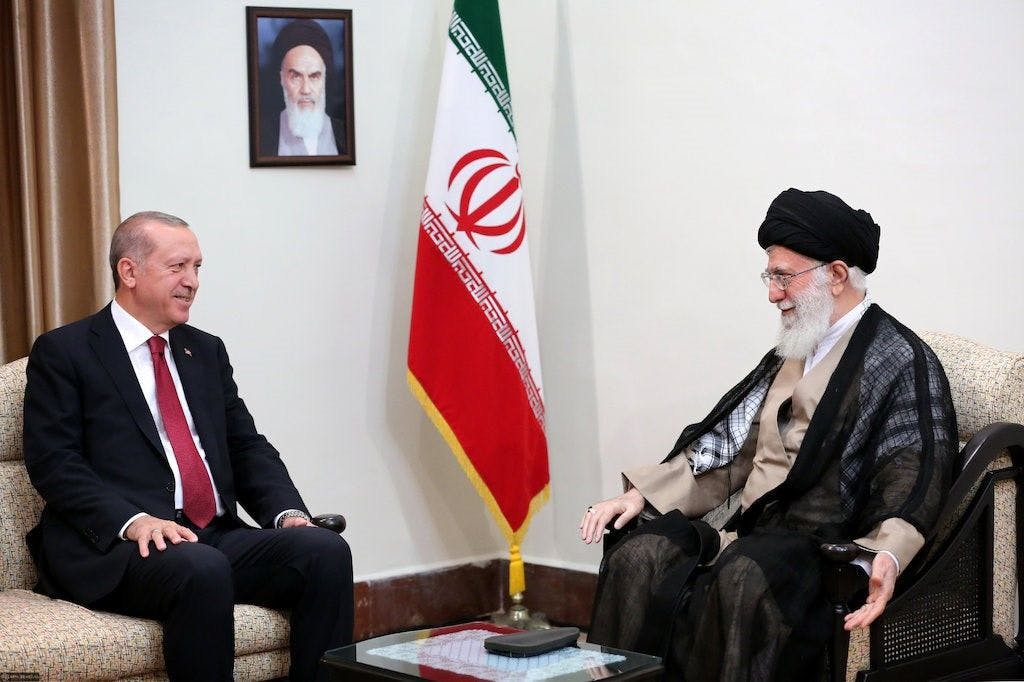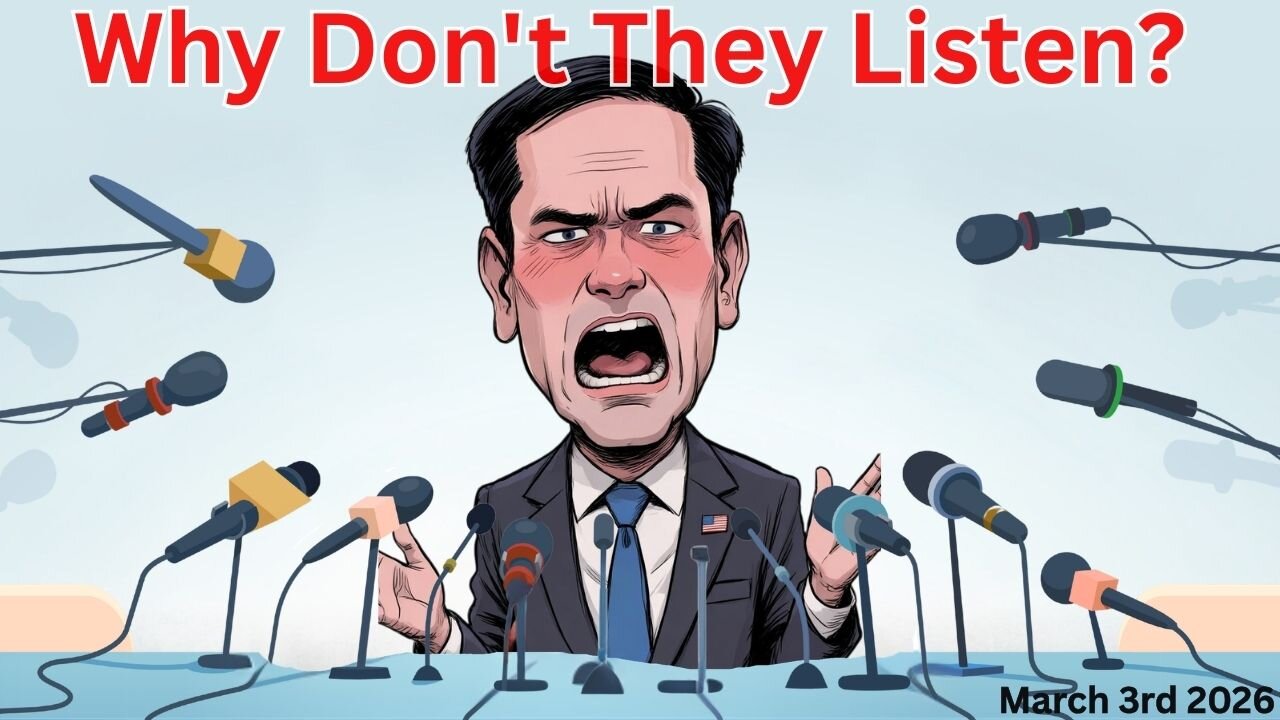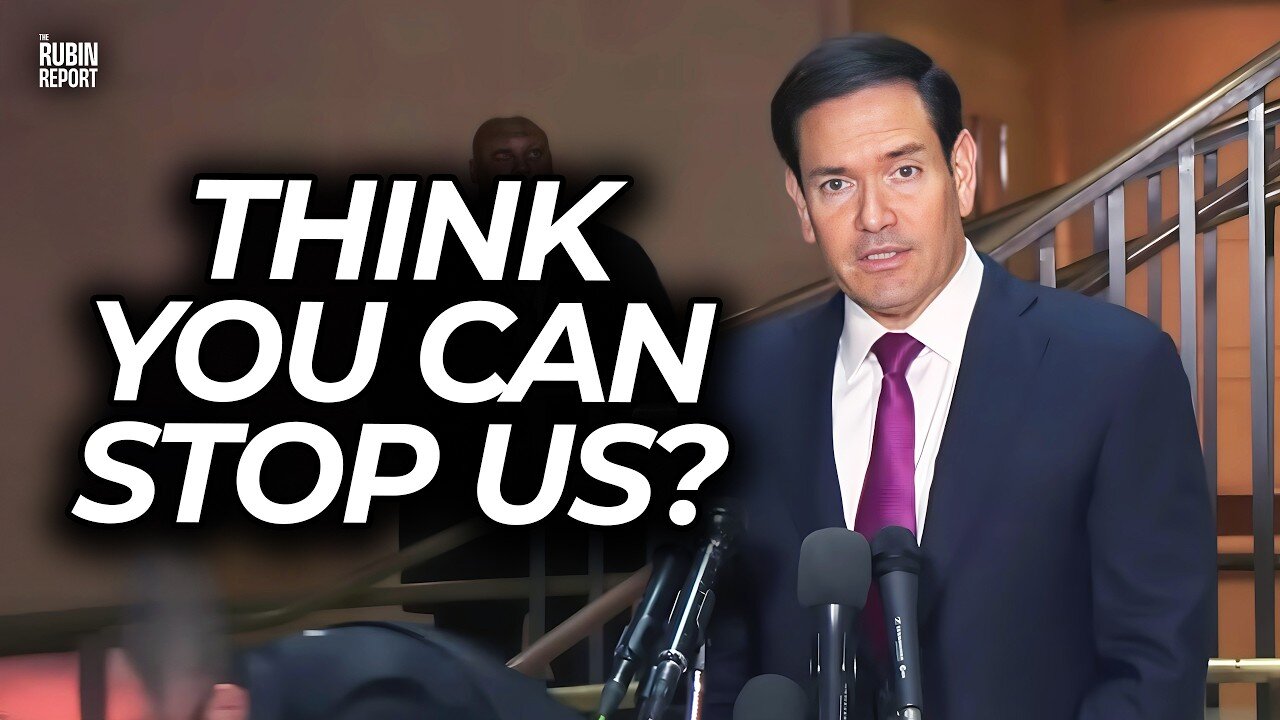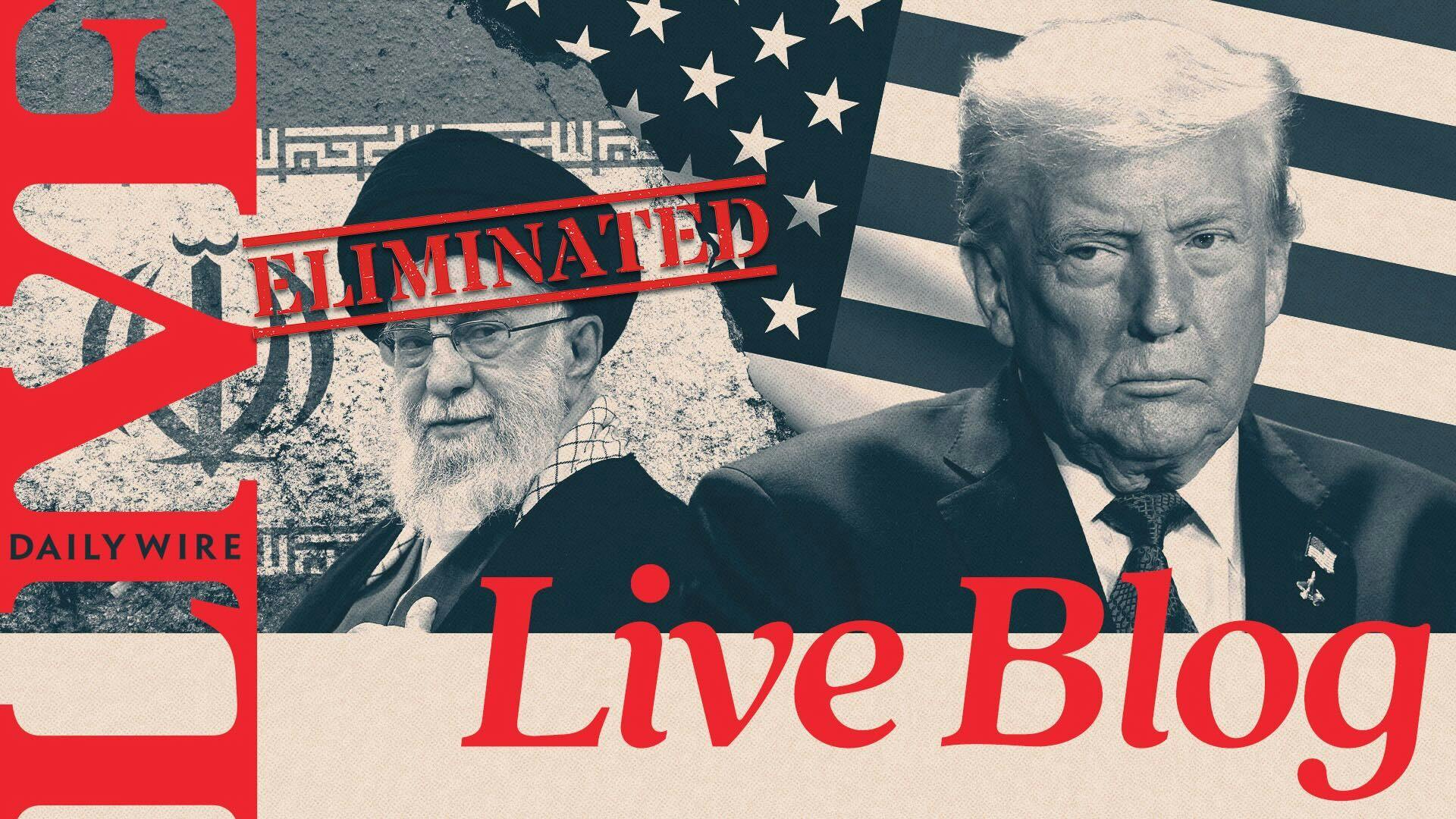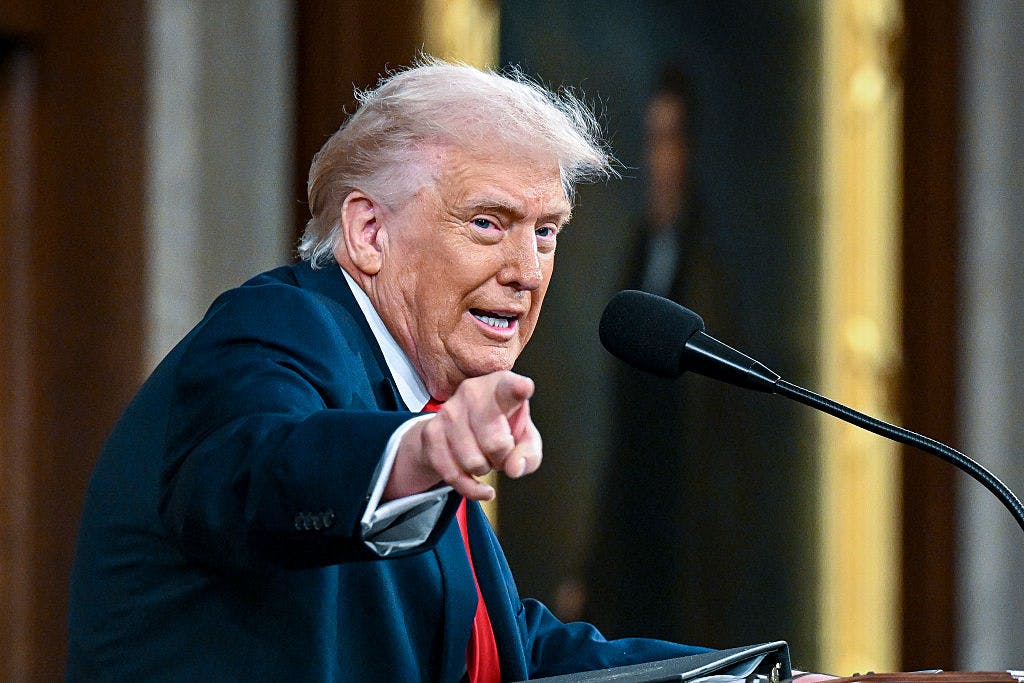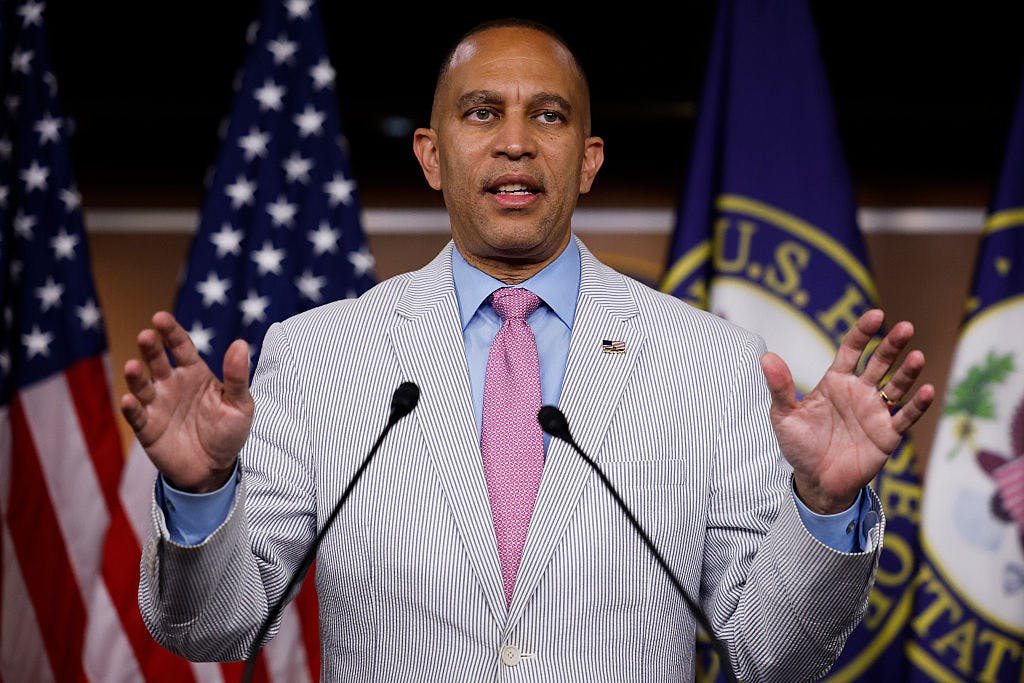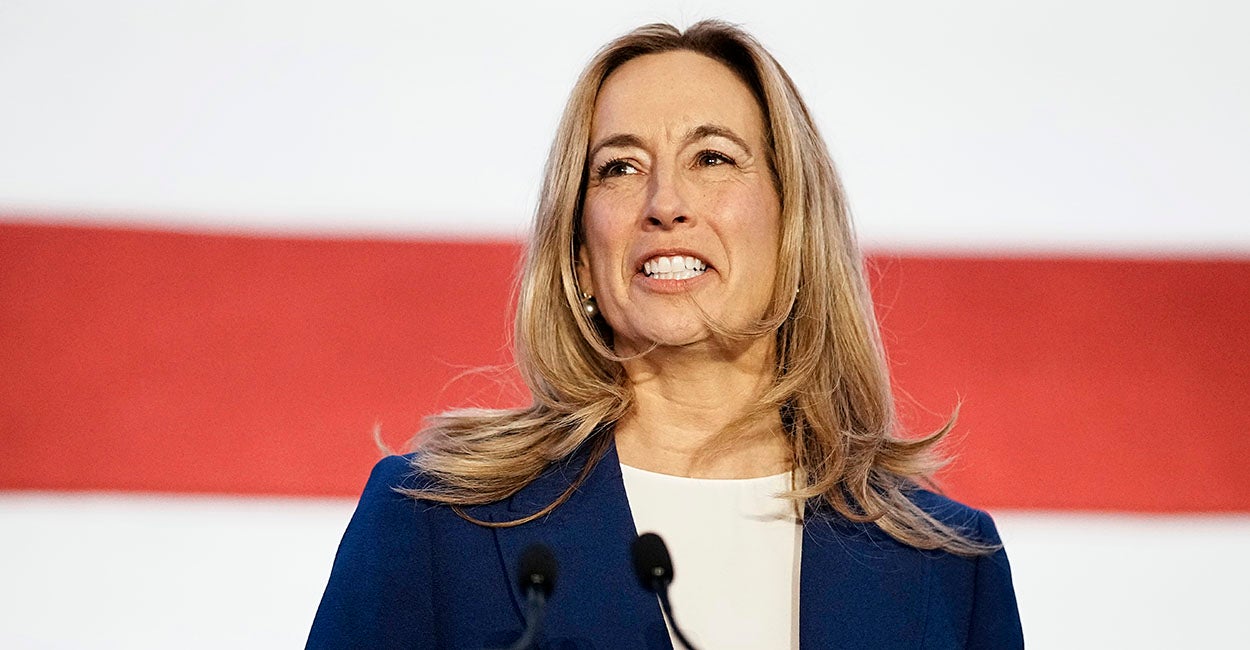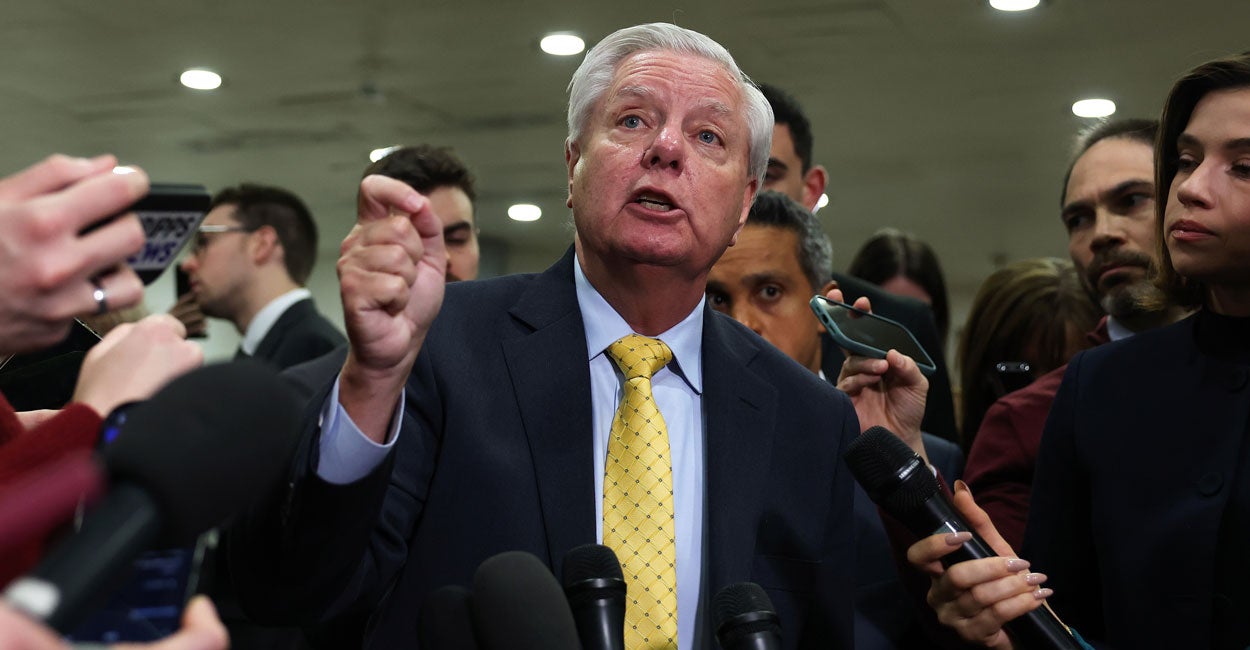Breaking Down the BBC’s Bias
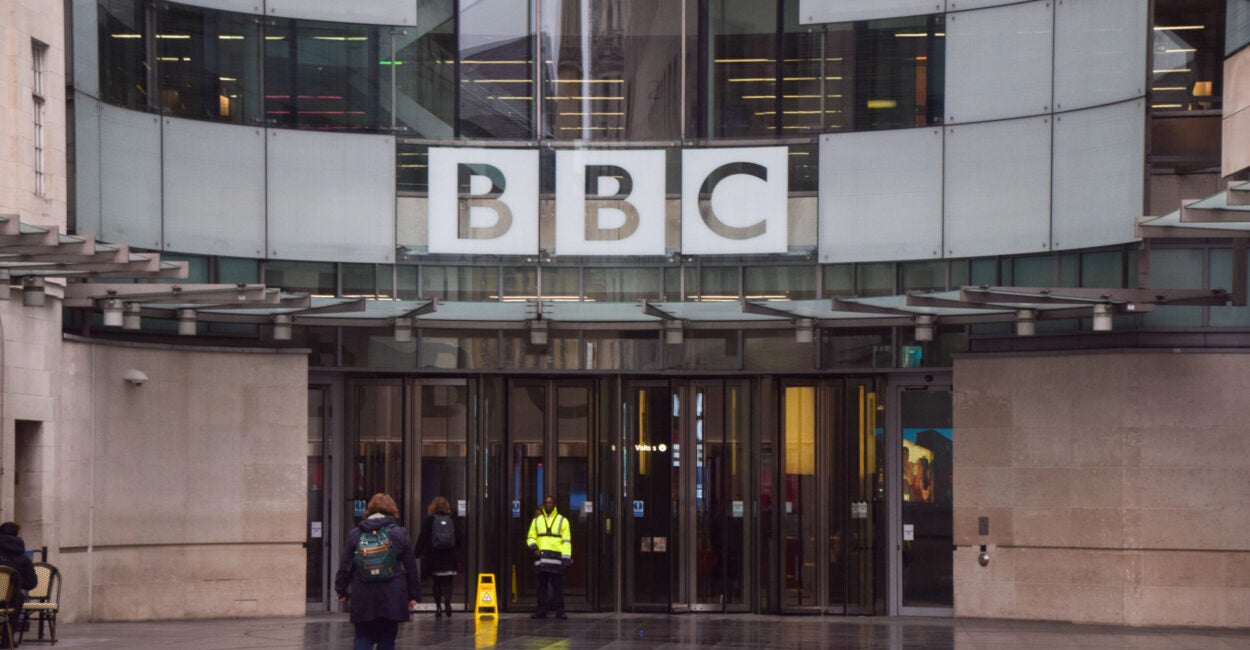
Progressives insist that you read, watch, and listen to what is obviously left-wing propaganda and “bear it” as unbiased commentary. So much so, in fact, that in my book, “The Ten Woke Commandments (You Must Not Obey),” the Seventh Commandment is “You Shall Bear False Witness (Trust the Media).”
Live Your Best Retirement
Fun • Funds • Fitness • Freedom
There, I broke media bias down into nine categories and gave examples for each.
While my book only references U.S. media like ABC, CBS, and NPR, it would have been easy to include the British Broadcasting Corporation, the United Kingdom’s state-owned media juggernaut.
Recently, the Daily Telegraph, a conservative-leaning British newspaper, obtained a copy of an internal BBC report produced by Michael Prescott, a former external advisor to their Editorial Guidelines and Standards Committee. Informed by this report, President Donald Trump has called out the BBC for glaring bias in coverage of his first administration.
As British establishment wagons circle to defend the “Beeb” against this assault on its imagined integrity, let’s take a look at the broadcaster’s recent record.
Trump’s specific complaint is that the BBC news program Panorama, which is a bit like CBS’s 60 Minutes, spliced together two clips of him speaking on Jan. 6, 2021, to make it look like he was encouraging people to commit violence and possibly insurrection.
Previously, Trump successfully sued CBS for editing then-candidate Kamala Harris’s answer to a question before the election. Harris’s original answer was lengthy and confusing, and 60 Minutes edited her response to make her appear (slightly) more cogent.
That’s unprofessional. But deliberately splicing two videos to make it appear Trump said something he didn’t is worse—and it appears to have been deliberate deceit by Panorama to vilify Trump.
What other kinds of more subtle bias does one regularly find at the BBC? Here are a few.
Editorial Bias
As part of the British government’s export of “soft power” to influence foreign audiences, the BBC operates services in foreign languages. The BBC Arabic service has a reputation for bias against Israel and for hiring or citing journalists who, at best, are sympathetic to the Palestinian cause at best and, at worst, are downright antisemitic.
The Prescott report claims that 215 of BBC Arabic’s stories about the October 7, 2023 attacks by Hamas on Israel and the ensuing war “were found to be biased, inaccurate or misleading,” and over 100 of them had to be corrected.
In one instance, a documentary about children in Gaza commissioned by the BBC was narrated by the son of a Hamas official and had to be pulled. In another instance, in October 2023, a BBC reporter immediately speculated that Israel was responsible for an explosion at the al-Ahli Arab hospital in Gaza, as Hamas had claimed. The AP news agency and others later concluded that the damage was caused by a “failed militant rocket.”
Appeals to Experts
One way media outlets bring in bias is by selectively citing so-called experts from one side only. That’s a practice the BBC is no stranger to.
For example, the outlet was recently criticized for its sympathetic coverage of claims that the “milk” produced by males given drugs to induce secretions from the breast is comparable to mother’s milk. They interviewed a supposed expert from University College, London who “stated that there was persuasive evidence to support the nutritional value of trans women’s milk and dismissed any health concerns about the potential presence of male hormones in milk produced by trans women.”
In response to a complaint, the BBC agreed that “it should have been made clear to audiences that more research is needed before such conclusions can be drawn with confidence.” Indeed.
Opinion Bias
The Prescott report concluded that pro-gender ideology BBC reporters did their best to kill stories and opinions from critics, thus “celebrating the trans experience without adequate balance or objectivity.” For example, the BBC uses people’s “preferred” pronouns in its coverage of contentious cases over allowing trans-identifying men into women’s spaces from changing rooms to prisons.
Headline Bias
A random look at the BBC online headline page shows where the editors’ hearts are. On Nov. 12, for example, the top story was about an unproven allegation linking Trump to Jeffrey Epstein many years ago, while a more recent story about major corruption in Ukraine ranked below it.
Stories about Trump are generally negative. Stories about migration concentrate on the plight of illegal immigrants rather than on the hardship of the communities housing and paying for them. Stories about the Gaza war are generally more sympathetic to Palestinians than Israelis.
Selective Coverage Bias
Most news outlets send notifications to subscribers about breaking stories. According to the Prescott review, out of 219 “push” notifications of news stories sent to the BBC News app’s seven million users, only four were about the ongoing asylum claims crisis. Three of these alerts focused on how bad things were for migrants instead of the conditions for the communities forced to host them. Several major stories about asylum costs, including about the government renting hotels and even boats to house asylum seekers, were ignored.
The BBC review politely said, “It is not clear why none of these stories were sent out as push notifications, when perhaps less significant stories were extensively covered.” But it is clear. The BBC has an obvious bias in favor of asylum seekers and suppresses voices who are opposed to mass migration.
The BBC has fierce defenders, and as the world’s oldest broadcaster, it is a British tradition. But with the decline of television and radio and the rise of podcasts and alternative video platforms, the future of the UK’s state-run media—which requires everyone to pay around $200 in license fees a year—was already in question. Trump’s well-supported accusations of bias will not help the Beeb’s cause.
The post Breaking Down the BBC’s Bias appeared first on The Daily Signal.
Originally Published at Daily Wire, Daily Signal, or The Blaze
What's Your Reaction?
 Like
0
Like
0
 Dislike
0
Dislike
0
 Love
0
Love
0
 Funny
0
Funny
0
 Angry
0
Angry
0
 Sad
0
Sad
0
 Wow
0
Wow
0

